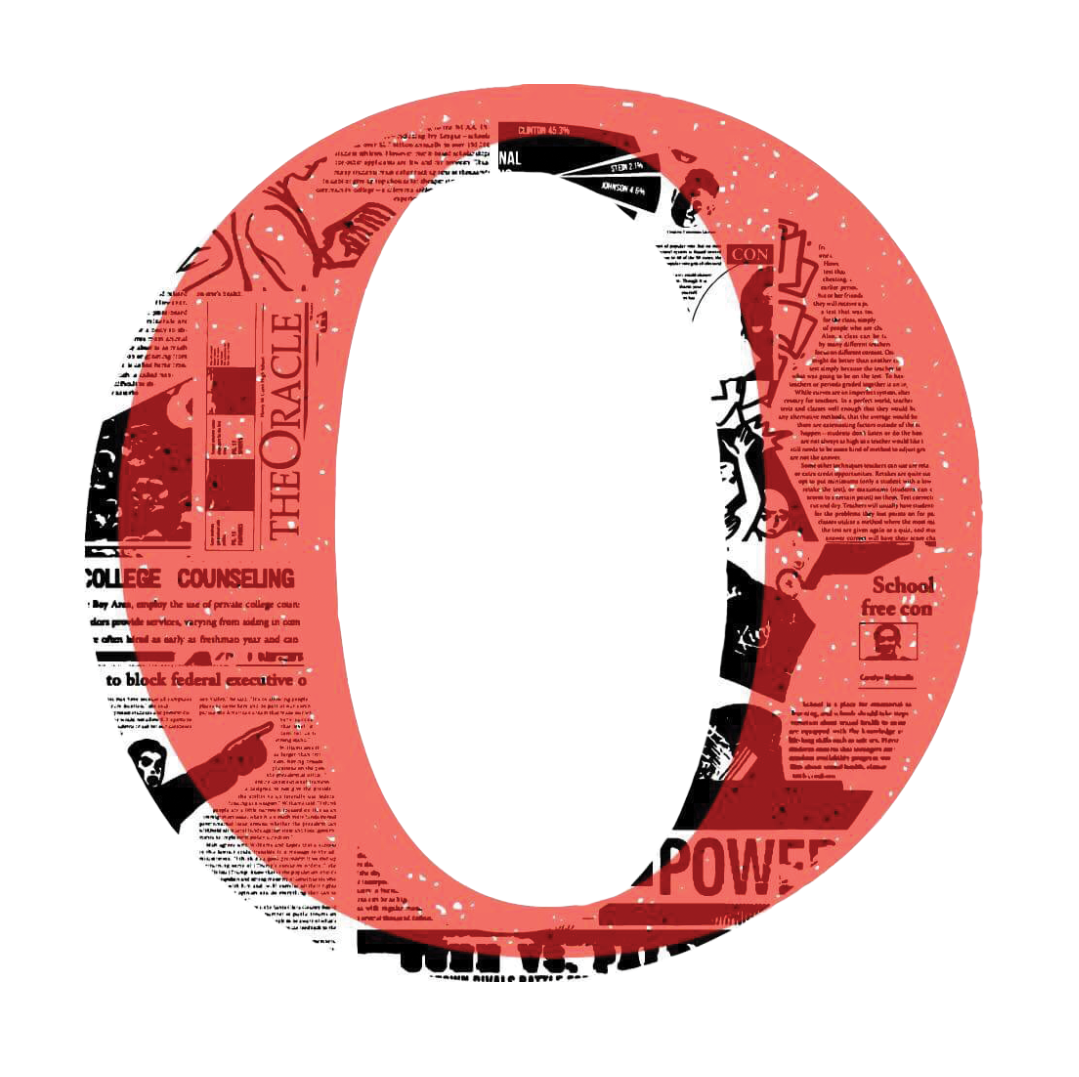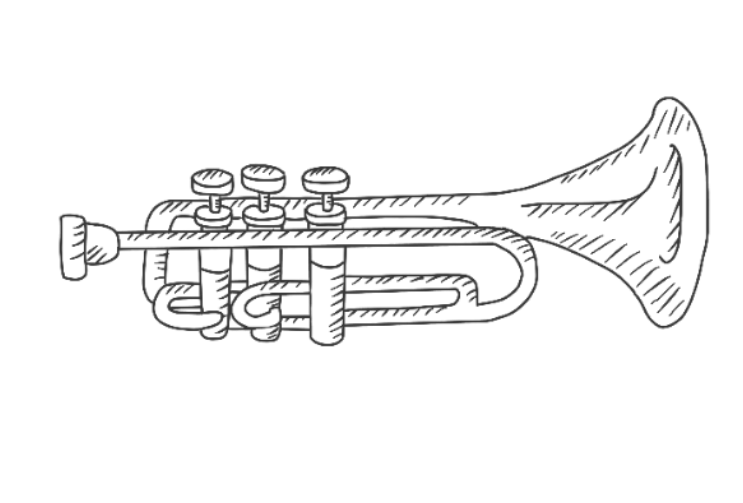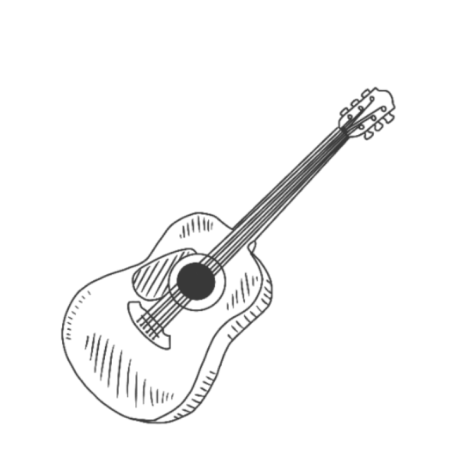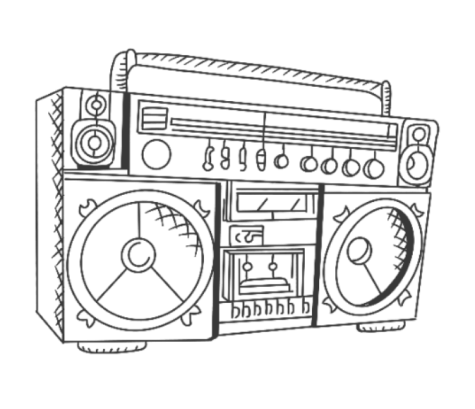Staffers debate greatest music genre: Jazz
“It’s dying, Mia. It’s dying on the vine. And the world says, ‘Let it die. It had its time.’ Well, not on my watch.” This quotation about jazz is from the iconic movie “La La Land.” This was my first introduction to jazz and its history, and since then, jazz has been one of my favorite genres.
Jazz originated in a tiny flop house in New Orleans to facilitate communication between people who spoke different languages. During its rise to popularity in the early 1900s, jazz bridged the racial divide in the United States. Audiences of various backgrounds gathered and connected in clubs over jazz music.
Not only does jazz have historical significance, but it is also exciting to listen to. Jazz often incorporates improvisation, which means that while the musicians have basic chords to follow throughout some songs, it is up to them to decide what to play on the spot. At any given time, a player can solo and take control of the song, changing its course.
Jazz is commonly thought of as boring, filler music that you hear upon walking into an elevator or dentist’s office. However, people fail to realize the breadth of the genre. Between the smooth piano-based jazz or the romantic and dynamic love songs performed by a trumpeter with a vocalist, there is room in jazz for everyone. In any old-fashioned rom-com, you are bound to hear Nat King Cole’s “L-O-V-E” or Frank Sinatra’s “Fly Me to the Moon,” accentuated by trumpet solos.
The beauty of jazz is its effect on the listener. Whether it makes you dance or makes you pensive, it is sure to stir emotion.

Senior Mia Knezevic has been on staff since Jan. 2020, and currently holds the positions of Forum and Photos Editor. When she isn't writing stories or...







